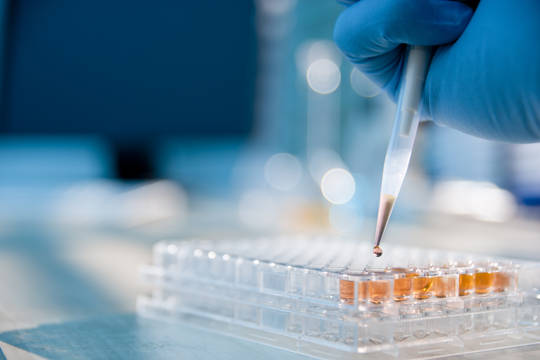Bacterial endotoxin testing

Endotoxins are an integral component of the outer membrane of the cell wall of Gram-negative bacteria, such as E.coli, Salmonella and Pseudomonas. These are introduced into the environment upon cell death, and also in small amounts as part of normal cell physiological activity.
Bacterial endotoxins are exogenous pyrogens and tend to induce a rise in body temperature when introduced into the blood or cerebrospinal fluid. While common effects are fever and nausea, in more extreme cases it can manifest as septic shock. It is therefore critical to test for bacterial endotoxins in your raw materials and finished products, to ensure patient safety.

RSSL can screen for the presence of endotoxins in:
To do this, we can employ bacterial endotoxin testing methods including Limulus Amebocyte Lysate (LAL) testing. LAL is an aqueous extract of the blood cells from the horseshoe crab, containing an enzyme system that causes a coagulation reaction when activated by endotoxins. This reaction is the basis of the LAL test method, which includes kinetic endotoxin testing.

The kinetic assay is the most sensitive method for determining bacterial endotoxin content. RSSL can provide quantitative endotoxin testing using kinetic turbidimetric or kinetic chromogenic assays. Test samples are mixed with a reagent and measured for an increase in optical density (turbidimetric) or colour change (chromogenic). The rate of change is used to determine the endotoxin levels, which are calculated from a reference standard curve.

RSSL can also offer recombinant Cascade Reagent (rCR) testing for endotoxin analysis. This method uses the same cascade of reactions as kinetic assays but is an animal-free alternative to LAL tests. Because of this, there is no risk of glucan interference which can sometimes be seen with kinetic assays.